Protecting Your Children’s Future
Estate Planning for Moms and Dads

Imagine this scenario: You and your spouse are all packed and ready to celebrate your anniversary on a dream trip to Greece. You’ve thought of everything: the perfect itinerary is planned, passports renewed, and you arranged for your in-laws to watch the kids while you are away with detailed instructions for their care. But what if the unthinkable happens…. the plane goes down or the tour bus crashes and you and your spouse both pass? What would happen to your children?
Well, if you both die without an estate plan, then it will be all left up to a total stranger – the probate judge assigned to your case- to decide who will be the guardian of your children. The potentially worrisome thing about this situation is that ANYONE can petition to the court to be their guardian. The money you leave behind will be placed in a locked bank account and your children will receive a lump sum upon their 18th birthday. Getting tied up in probate court is often lengthy, expensive and public.
I don’t know about you, but I know my 18 year old isn’t prepared to handle that kind of responsibility. If this sounds like a nightmare scenario to you – then you need an estate plan.
Below are the most important things you need to know when thinking about protecting your minor children.
Wills and Trusts
The first decision you will need to make when crafting your estate plan to protect your kids in the event of an emergency is whether you would like a will or trust. You will chose one of these two documents and it will serve as the primary estate planning vehicle. Both a will and trust can be used to name guardians, structure inheritances. The major difference between the two is that a will must still go through probate court (a public, long, and costly process), whereas, a trust will avoid the probate process altogether.
This is why 9 times out of 10, I recommend to our clients that we create a revocable living trust as their primary estate planning tool. A trust will allow you to maintain control over your assets during your lifetime, maintain control over what happens to your children upon your death, and keep your affairs private and outside of probate court.
Naming Guardians
Once you have decided on a will or trust, the next thing to consider is who to name as a guardian for your children. First and foremost, you will name the other parent. In the event you were both to pass away before they reach the age of 18 – who will you want to raise them?
This is an important decision and you will want to discuss it with the person or persons you have in mind before naming them as guardians. This ensures they are comfortable with the responsibility. When making this decision you will want to contemplate their parenting style, religious beliefs, where they live, and what kind of continuity they can provide for your children. I also recommend having a back up guardian appointed as well, in the event that the first person you nominate is unable to do it.
Structured Inheritance
With a living trust, you will name a trustee to steward your children’s inheritance while they are young. This trustee will also be responsible for distributing the inheritance according to your instructions at the appropriate time. The trustee can be the same person as the nominated guardian, or you may select another person to be the trustee if you desire. Most parents like to structure the distribution of an inheritance into three payments at ages 21, 25, 30 but you may choose any distribution schedule you’d prefer. You can also make certain stipulations such as: passing a drug test or entering college to receive the distribution. A trust will give you control over what happens and peace of mind.
If you would like to discuss how to protect your family’s future, please give us a call today 813-322-2082 to set up a free consultation. Its time to finally get estate planning off your to-do list and enjoy the peace of mind that comes with knowing your plan is in place and your family and assets are protected.
